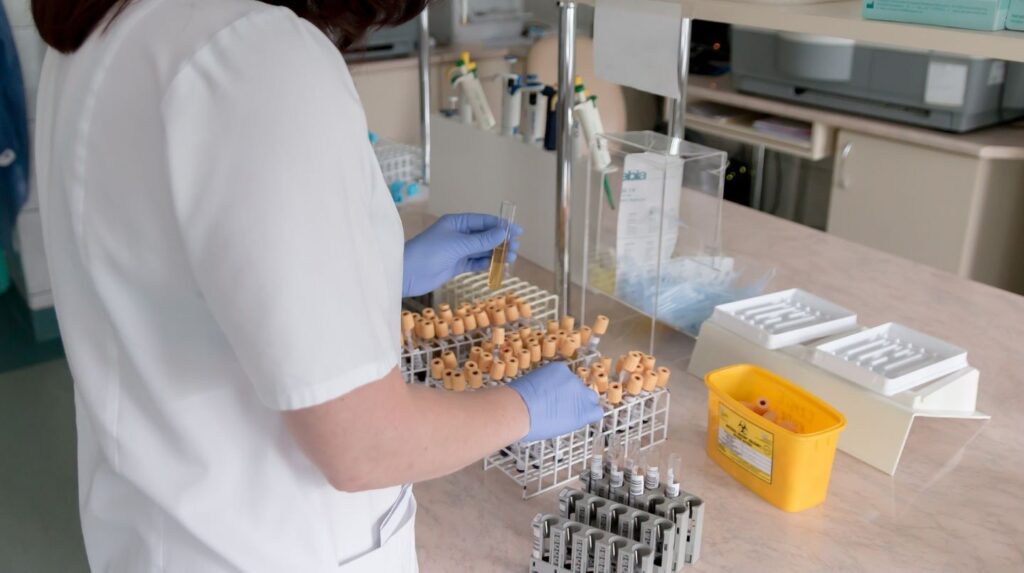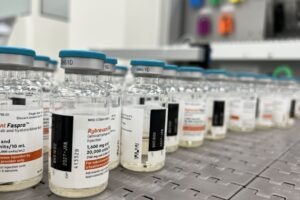iOnctura has received the US Food and Drug Administration’s (FDA) orphan drug designation (ODD) for its autotaxin inhibitor, cambritaxestat, for pancreatic cancer.

Cambritaxestat is currently being tested along with chemotherapy in the Phase I AION-02 study for metastatic pancreatic cancer. Credit: Michal Jarmoluk from Pixabay.
Subscribe to our email newsletter
Following the analysis of cambritaxestat’s chemical and biological properties, including a promising non-clinical safety and efficacy profile, the US regulator granted the ODD status.
This designation provides benefits that support the drug’s development and marketing.
Cambritaxestat is being developed as a therapy option for highly fibrotic cancers.
The World Health Organization also proposed cambritaxestat as the International Nonproprietary Name (INN) after a separate submission process.
The oral therapy targets highly fibrotic cancer indications that overexpress autotaxin, such as pancreatic, liver, colorectal, ovarian, and breast cancers.
It demonstrated preclinical efficacy in hindering cancer cell growth and proliferation, inducing immune cell infiltration into tumours and preventing fibrosis development.
The drug is currently being tested in combination with standard chemotherapy agents nab-paclitaxel and gemcitabine in the Phase I AION-02 study for metastatic pancreatic cancer.
This study commenced in the fourth quarter of 2022 and represents a new treatment strategy that offers a three-pronged attack on tumours.
Translational research has indicated cambritaxestat’s potential in various cancer models, particularly in pancreatic cancer.
Preclinical data revealed its ability to significantly reduce metastasis and tumour growth, alongside safe and tolerable dosing in healthy subjects.
Alongside cambritaxestat, iOnctura has advanced another candidate, Roginolisib, into mid-stage clinical trials and is preparing its TGF-β pathway inhibitor, IOA-359, for first-in-human studies.
iOnctura CEO Catherine Pickering said: “There is an urgent need to develop new therapies for pancreatic cancer which is currently the third largest cause of death by cancer in the US, and the fourth in Europe.
“Although survival of patients with pancreatic cancer has improved in recent years, it still stands at just 13% after five years. This orphan drug designation will support our goal to accelerate cambritaxestat through the clinic to provide a new treatment to patients with limited options.”
 Advertise With UsAdvertise on our extensive network of industry websites and newsletters.
Advertise With UsAdvertise on our extensive network of industry websites and newsletters.
 Get the PBR newsletterSign up to our free email to get all the latest PBR
news.
Get the PBR newsletterSign up to our free email to get all the latest PBR
news.

